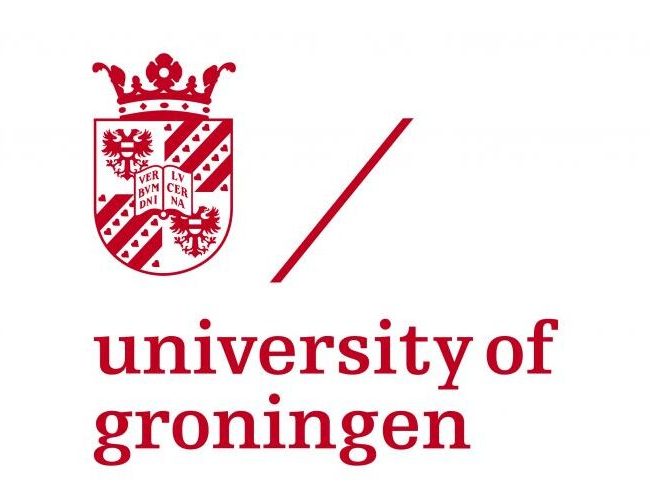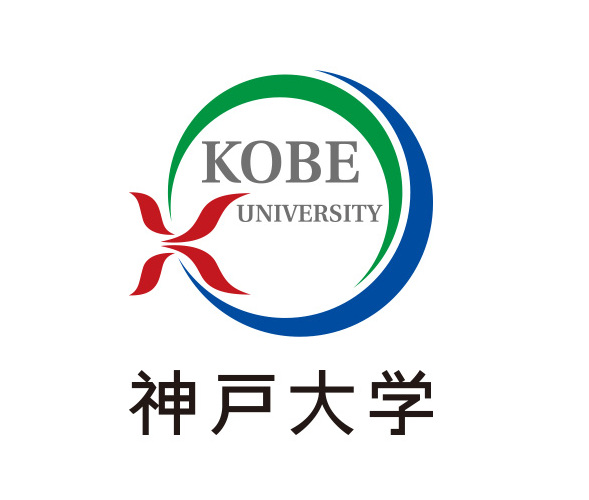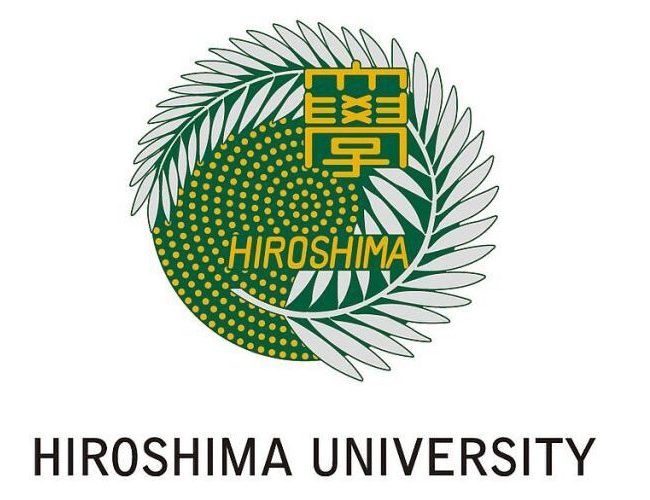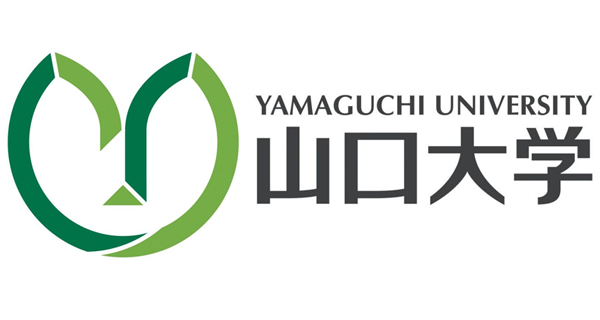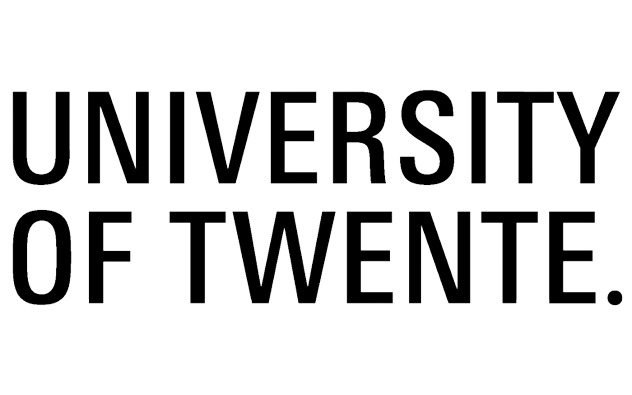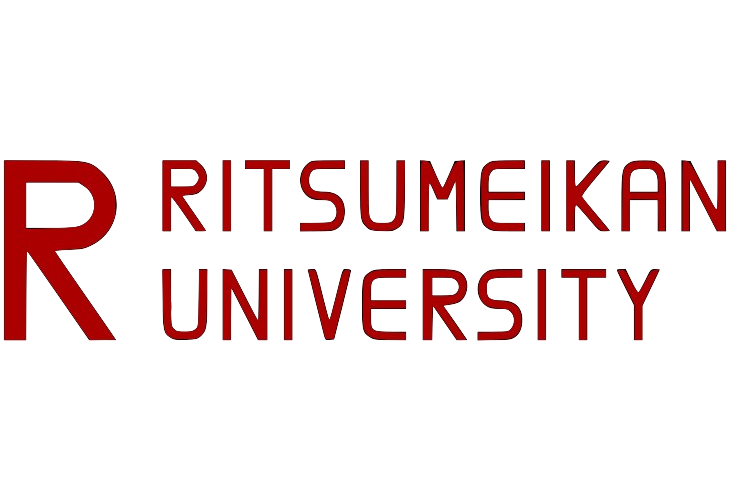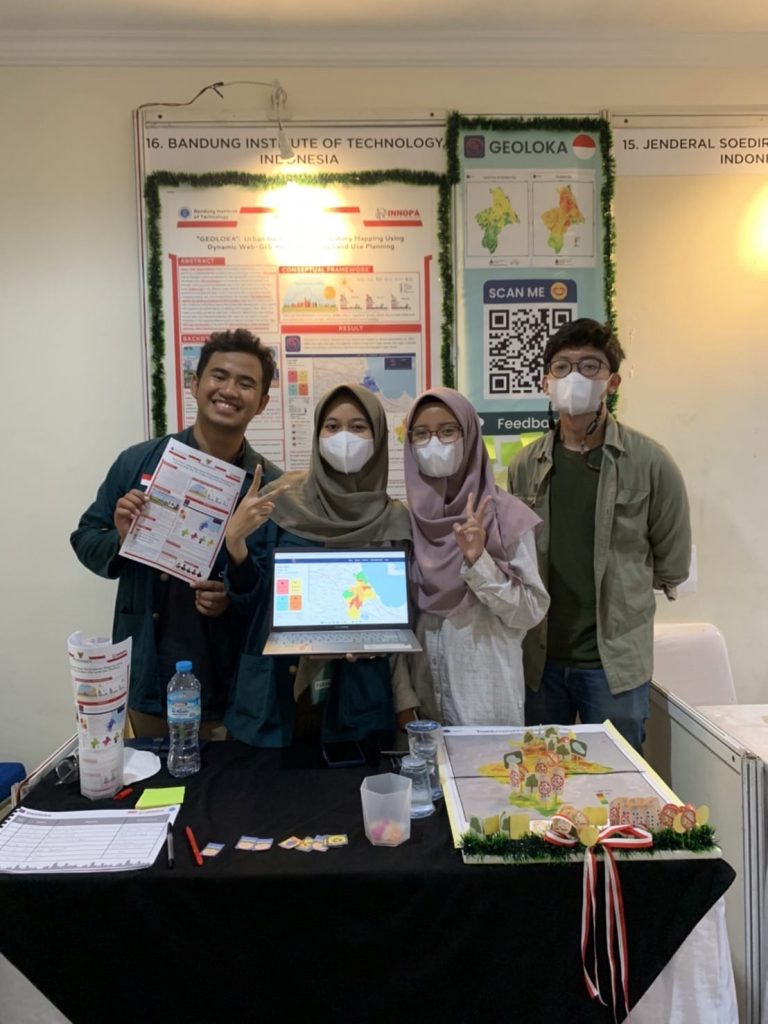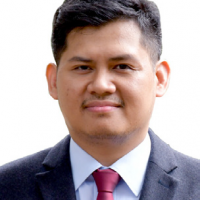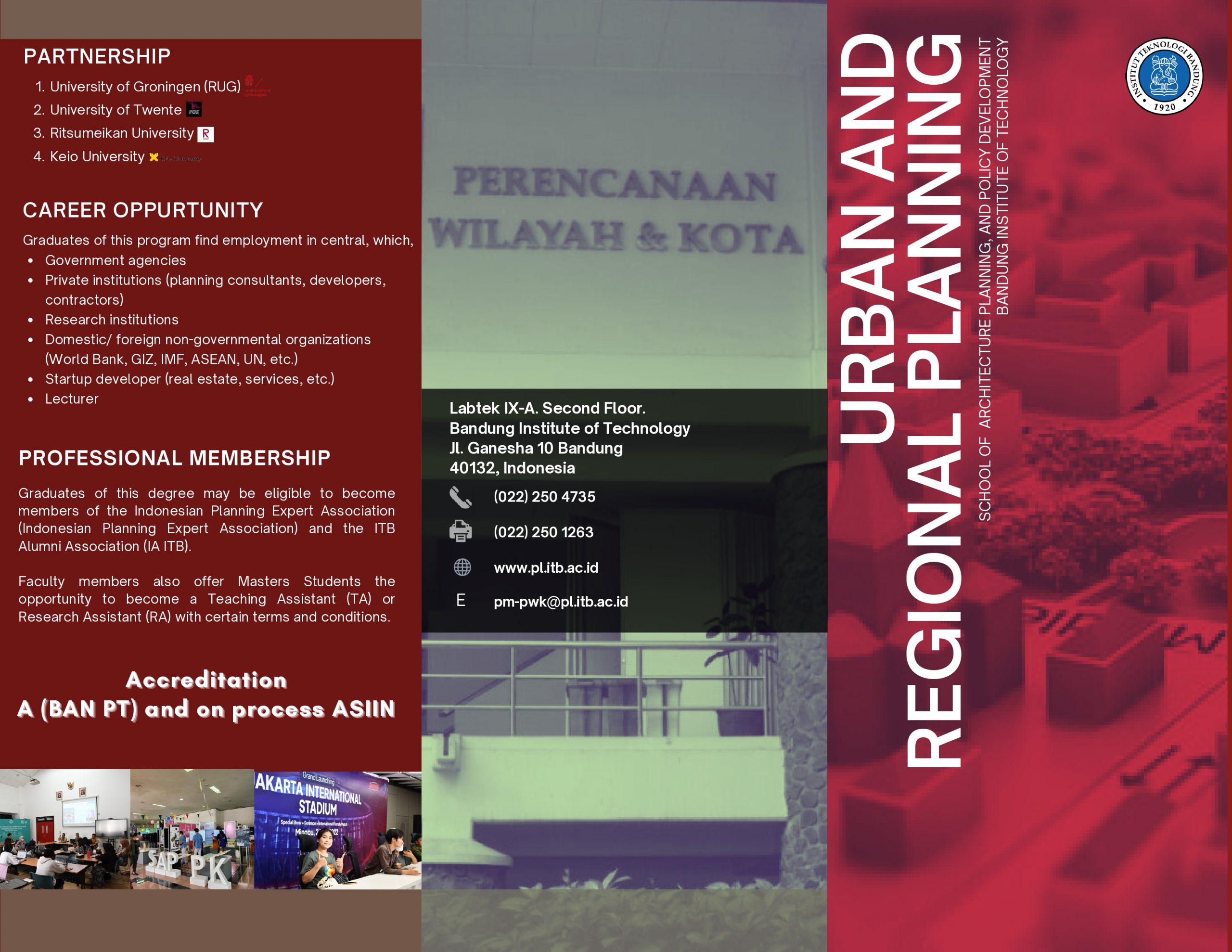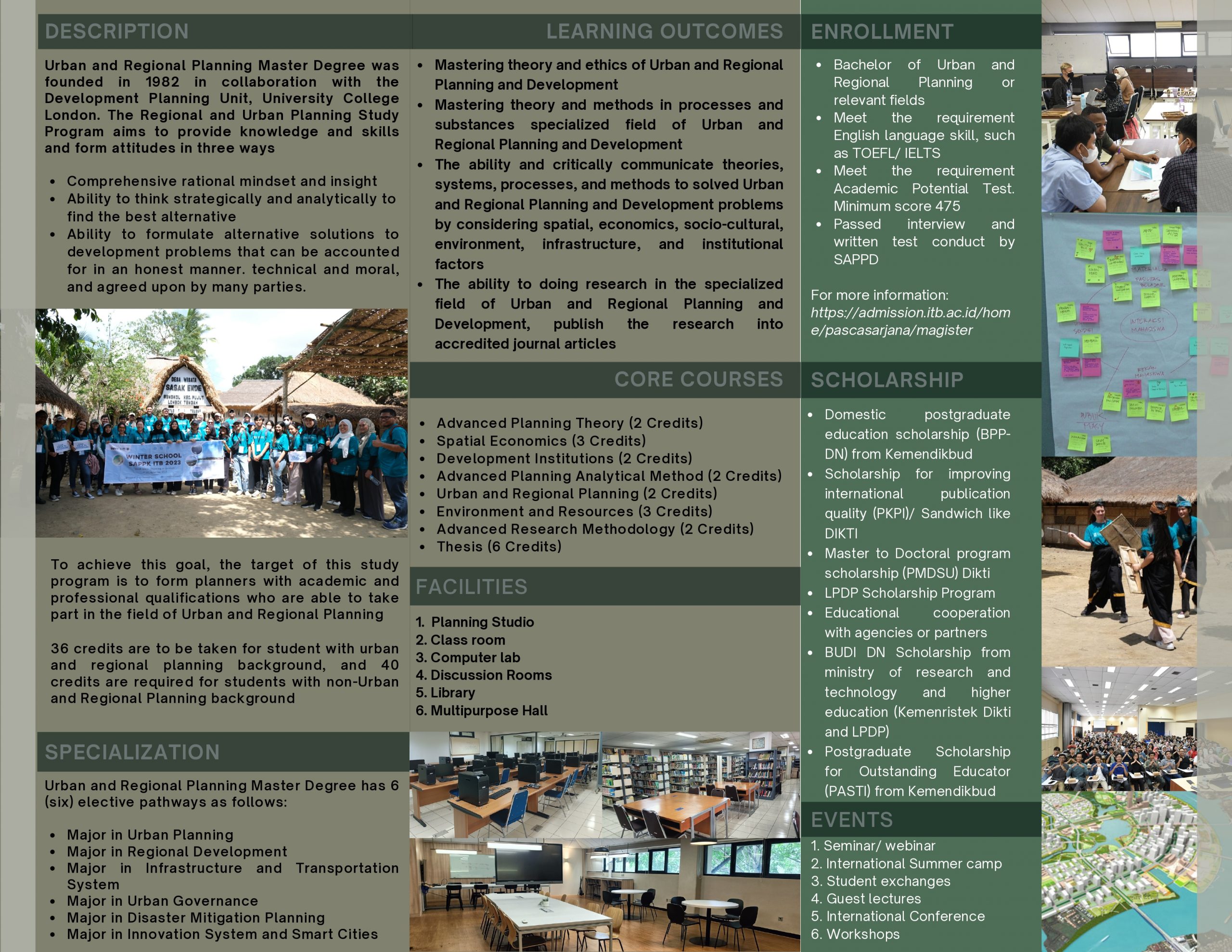| Kode MK | Courses | SKS |
|---|---|---|
| Semester I | ||
| PL5101 | Planning Analytical Methods | 2 CU/ 5 ECTS |
| PL5102 | Resources and Environment | 3 CU/ 7,5 ECTS |
| PL5103 | Spatial Economics | 3 CU/ 7,5 ECTS |
| PL6105 | Teori Perencanaan Lanjut | 2 CU/ 5 ECTS |
| Semester II | ||
| PL5206 | Development Institution | 2 CU/ 5 ECTS |
| PL5207 | Advanced Research Methods | 2 CU/ 5 ECTS |
| Semester III | ||
| PL6090 | Thesis | 6 CU/ 15 ECTS |
| PL6107 | Advanced Planning Theory | 2 CU/ 5 ECTS |
| Semester IV | ||
| - | ||
|
|
|||||||||||||||||||||||||||||||||||||||||||||||||||||||||||||||||||||||||||||||||||||||||||||||||||||||||||||||
| Kode MK | Courses | SKS |
|---|---|---|
| PL5107 | Concept and Process of Urban and Regional Planning | 2 CU/ 5 ECTS |
| PL6006 | Science and Geo-Information Modeling | 2 CU/ 5 ECTS |
| PL6041 | Urban Finance | 2 CU/ 5 ECTS |
| PL6106 | Urban and Regional Planning Modeling | 2 CU/ 5 ECTS |
| PL5205 | Planning Studio | 4 CU/ 10 ECTS |
| PL5209 | Urban and Regional Planning Studio | 4 CU/ 10 ECTS |
| PL6005 | Research Paper Writing | 2 CU/ 5 ECTS |
| PL6007 | Earth Observation for Planning | 2 CU/ 5 ECTS |
| PL6008 | Data Integration for Planning | 2 CU/ 5 ECTS |
| PL6011 | Smart Cities | 2 CU/ 5 ECTS |
| PL6031 | Transportation Modeling | 2 CU/ 5 ECTS |
| PL6104 | Spatial Econometrics | 2 CU/ 5 ECTS |
| PL6113 | Contemporary Topics in Urban Development | 2 CU/ 5 ECTS |
| PL6009 | International Studio on Planning and Design in Global South | 4 CU/ 10 ECTS |
| PL6061 | Research Proposal | 3 CU/ 7,5 ECTS |
| PL6062 | Research Progress | 5 CU / 12,5 ECTS |
| Kode MK | Courses | SKS |
|---|---|---|
| Semester I | ||
| PL5101 | Planning Analytical Methods | 2 CU/ 5 ECTS |
| PL5102 | Resources and Environment | 3 CU/ 7,5 ECTS |
| PL5103 | Spatial Economics | 3 CU/ 7,5 ECTS |
| PL6105 | Teori Perencanaan Lanjut | 2 CU/ 5 ECTS |
| Semester II | ||
| PL5206 | Development Institution | 2 CU/ 5 ECTS |
| PL5207 | Advanced Research Methods | 2 CU/ 5 ECTS |
| Semester III | ||
| Course in University Partners | ||
| Semester IV | ||
| Course in University Partners | ||
| Kode MK | Courses | SKS |
|---|---|---|
| Semester I | ||
| PL5108 | Planning Theory | 3 CU/ 7,5 ECTS |
| Semester II | ||
| PL5208 | Research Methodology | 3 CU/ 7,5 ECTS |
| PL6209 | Planning Thematic Studio | 5 CU/ 12,5 ECTS |
| Semester III | ||
| - | ||
| Semester IV | ||
| PL6090 | Thesis | 6 CU/ 15 ECTS |
|
|
||||||||||||||||||||||||||||||||||||||||||||||||||||||||||||||||||||||||||||||||||||||||||||||||||||||||||||||||||||||||||||||||||||
| Kode MK | Courses | SKS |
|---|---|---|
| PL5001 | Science and Geo-Information Modeling | 3 CU/ 7,5 ECTS |
| PL5002 | Earth Observation for Planning | 3 CU/ 7,5 ECTS |
| PL5003 | Fontier Topics in Planning | 3 CU/ 7,5 ECTS |
| PL5004 | Spatial Economics | 3 CU/ 7,5 ECTS |
| PL5005 | Research Paper Writing | 3 CU/ 7,5 ECTS |
| PL5071 | Planning Research Ideas | 3 CU/ 7,5 ECTS |
| PL6008 | Data Integration for Planning | 3 CU/ 7,5 ECTS |
| PL6009 | International Studio on Planning and Design in Global South | 4 CU/ 10 ECTS |
| PL6021 | Coastal and Marine Development | 3 CU/ 7,5 ECTS |
| PL6022 | Regional Urbanization | 3 CU/ 7,5 ECTS |
| PL6073 | Planning Research Progress | 3 CU/ 7,5 ECTS |
| PL6201 | Planning Research Internship | 4 CU/ 10 ECTS |
| Kode MK | Courses | SKS |
|---|---|---|
| Semester I | ||
| PL5108 | Planning Theory | 3 CU/ 7,5 ECTS |
| Semester II | ||
| PL5208 | Research Methodology | 3 CU/ 7,5 ECTS |
| PL6209 | Planning Thematic Studio | 5 CU/ 12,5 ECTS |
| Semester III | ||
| Course in University Partners | ||
| Semester IV | ||
| Course in University Partners | ||
CAREER and PROFESSIONAL MEMBERSHIP
Career Opportunity
Graduates with a master’s degree in Urban and Regional Planning (MPWK) are qualified to work in local and regional councils, as well as in development agencies in public and private sectors.
Professional Membership
Graduates of this degree are eligible to become member of ITB Alumni Association (IA ITB) and apply for membership to the Indonesian Planners Association (Ikatan Ahli Perencana Indonesia).
CO and EXTRA-CURRICULAR
Field Lecture
There are some regular programs which are selected as a part of co and extra-curricular activities whereas students are involved and develop their soft skills, including leadership, teamwork, emphaty and initiative attitude, problem solving, and many more. These programs are designed with a multidisciplinary concept which involves multiple stakeholders including Student Association of UPURP (HMP Pangriptaloka).
Some of the regular programs:
- Summer Camp
- Summer school
- International Join Studio
- Join workshop
The Faculty also offers students the opportunity to be a Teaching Assistant or Research Assistant if they comply with several terms and conditions.
Scholarships and Fee Waivers
Scholarships and Fee Waivers
As an ITB graduate student, there are several scholarship schemes that can be applied for, through consideration of various provisions related to economic state and academic performance. Graduate students may apply for scholarships from ITB Graduate School (https://sps.itb.ac.id/), Student Parents Association (IOM), or from other institutions.
Scholarship informations from ITB Graduate School through Ganesha Talent Assistantship (GAT) scheme can be accessed at (https://sagata.itb.ac.id/)”
Head of Study Program
Head Of Urban and Regional Planning Postgraduate Study Program:
Adiwan Fahlan Aritenang, S.T., M.GIT., Ph.D.
a.aritenang@itb.ac.id
Contact
Program Studi Magister PWK
SAPPK-ITB
Gedung Sugijanto Soegijoko- Laboratorium Teknik (Labtek) IX-A
Jl. Ganesa 10, Bandung 40132, Indonesia
(022) 2504625 (p)
(022) 2500046 (f)
www.admission.itb.ac.id (w)



